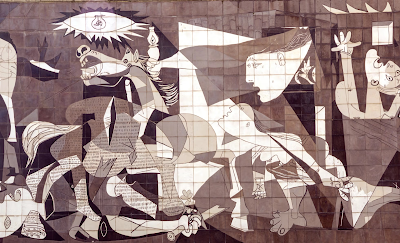This is a sample chapter from my Systematic Theology project "Theology for Thriving". 📎MORE TO THE STORY notes are not part of the main text of the book, but additional resources, charts, or other materials from Biblical Theology class resources.
Acts 17.22-28 [22] “Athenians, I see how extremely religious you are in every way. [23] For as I went through the city and looked carefully at the objects of your worship, I found among them an altar with the inscription, ‘To an unknown god.’ What therefore you worship as unknown, this I proclaim to you. [24] The God who made the world and everything in it, he who is Lord of heaven and earth, does not live in shrines made by human hands, [25] nor is he served by human hands, as though he needed anything, since he himself gives to all mortals life and breath and all things. [26] From one ancestor he made all nations to inhabit the whole earth, and he allotted the times of their existence and the boundaries of the places where they would live, [27] so that they would search for God and perhaps grope for him and find him— though indeed he is not far from each one of us. [28] For ‘In him we live and move and have our being’; as even some of your own poets have said, ‘For we too are his offspring.’



















